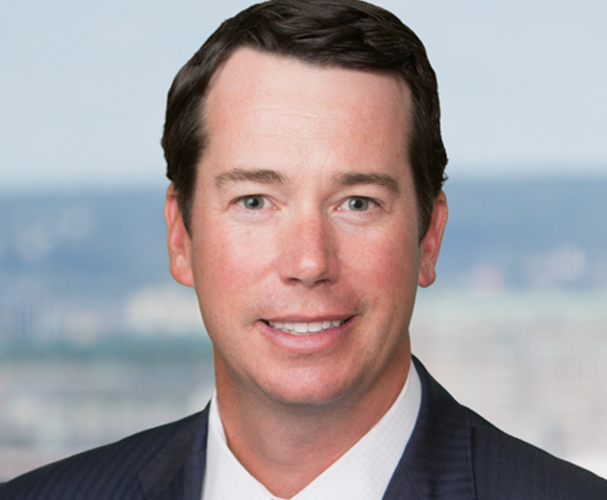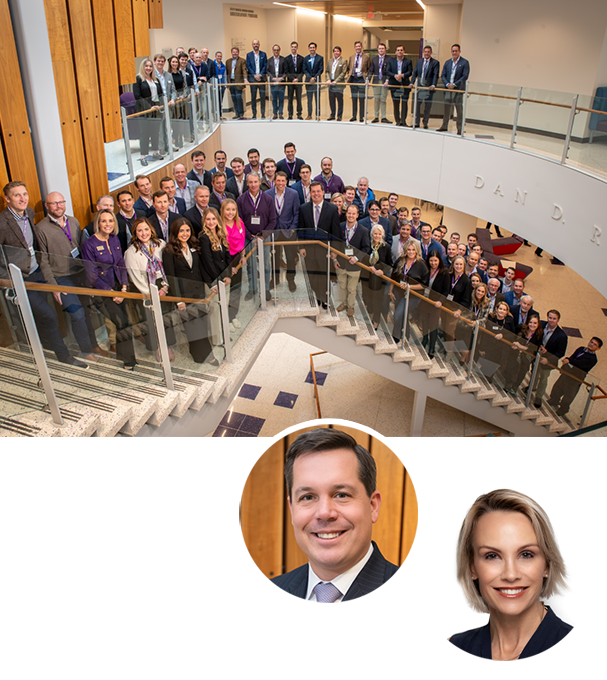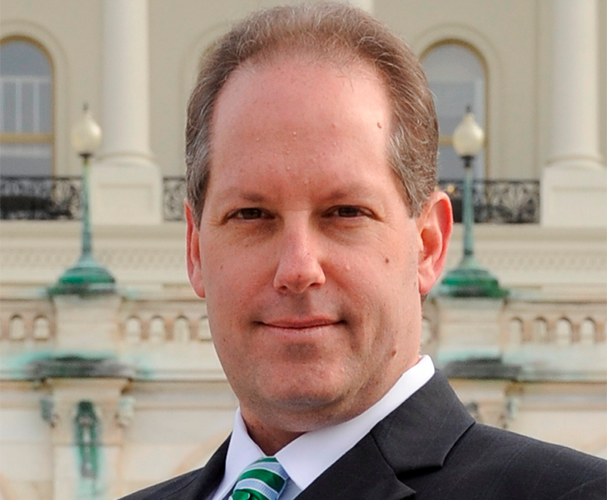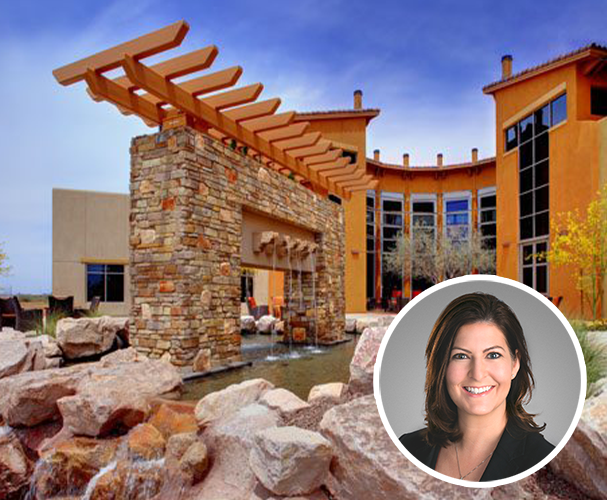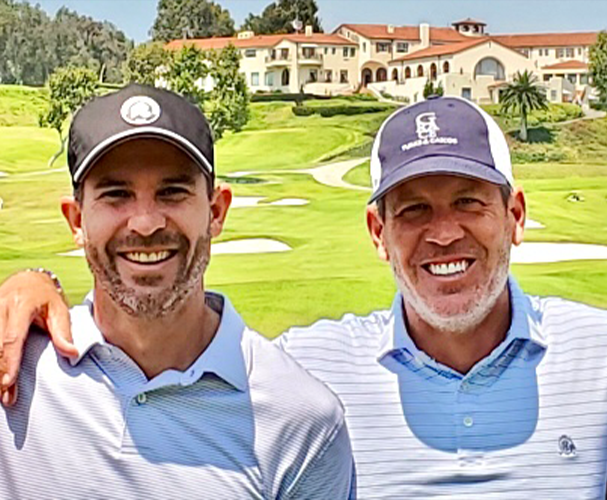LCS is considered a seniors housing pioneer, how has the first 50 years shaped the organization and how do you see the next 50 years playing out?
For more than 50 years, the culture of LCS has been at the core of all we do and has helped shape how we have grown as an organization. We have a diversified portfolio of businesses to support those we serve and that is derived from our culture of serving the customer first and foremost, dealing with integrity and openness, maintaining a long-term perspective, being diligent and persevering, and realizing we are interconnected and interdependent as an organization and an industry. Our experienced team of senior living experts are uniquely positioned to serve the senior living industry by offering unparalleled support to any community, owner, or board needing management, repositioning, master planning, development, and group purchasing services – services which are available to all.
Currently, we have a renewed focus on business development as we, like many of us in senior living, prepare for the silver tsunami rapidly coming our way. To ensure we are meeting the evolving needs of this growing population, LCS will continue to focus culture, innovation, research, data and analytics to better understand and evolve the products and services we provide.
The industry has faced difficult challenges over the last 3-5 years with COVID, labor, supply, and now debt costs. LCS has continued to successfully navigate headwinds. Are you bullish over the next 3-5 years and how are you positioning for opportunities?
Offering a diverse portfolio of services from development, redevelopment, and master planning to group purchasing, in addition to a full suite of management services has helped us weather the challenges of the last few years. Throughout the pandemic, our group purchasing organization afforded us the ability to leverage scale to negotiate pricing and obtain critical resources. As we look to the next three to five years, LCS is leveraging data and research to prepare for opportunities, position our organization and those we serve for the future, and to ensure we are listening to the needs of our fast-growing consumer base.
What is the best part about living in Des Moines, IA?
As someone who was raised in rural Iowa, but had the opportunity to travel the globe, I can safely say Des Moines truly is an amazing place to work, live, and raise a family. A robust economy offering excellent employment opportunities, excellent amenities and the fact that everything is just a 15-minute drive away makes it a wonderful place to call home.
What is fundamental to LCS, as an organization, that many people wouldn’t know unless working for the Company?
Our commitment to investing in and giving back to the senior living industry is at the core of all we do. LCS employees and leaders are encouraged to serve across the industry, lending their expertise and mentorship to those shaping policy, aspiring to be future leaders, and partnering to better understand our future consumer’s needs. For example, I serve on the Board of the LCS Foundation, which was started by our former CEO, Ed Kenny. The LCS Foundation focuses on developing future leaders in the senior living profession, providing financial relief for employees during crisis situations, and supporting dementia care by partnering with associations like the Alzheimer’s Association to support critical research initiatives. There are countless opportunities at LCS to either be involved or to spread beyond our walls to make an impact on the residents, employees, and communities we serve.
How do you enjoy spending your time away from the business?
I am blessed to love what I do, but when not at work I am focused on being a wife, mother, daughter and friend. Our family loves hiking, visiting National Parks and MLB ballparks, hosting family and friends in our home, spending time in the Iowa Great Lakes and supporting our two children in their academic, athletic and musical pursuits.
Being in the capital markets for most of your career, talk about how important “relationships” are to achieving your financing objectives.
Achieving our financing objectives would not be possible without collaboration with numerous teams across LCS and throughout the seniors housing and capital markets industries.
Personal relationships are a critical part of not only serving seniors in this business, but also in how we finance our communities and our business. These relationships have provided me with a better ability to achieve the financing goals of LCS and its partners in an effective and efficient manner. While real estate and seniors housing is, and always will be, a people businesses, it is the people I am honored to work with day after day that bring me the most professional joy.
